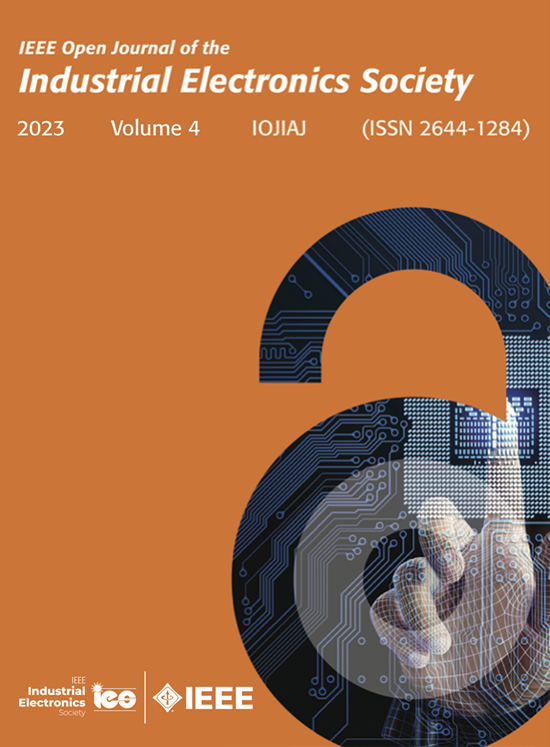电源-硬件在环应用中传输线接口的鲁棒阻抗仿真:最优滤波方法
IF 4.3
Q1 ENGINEERING, ELECTRICAL & ELECTRONIC
IEEE Open Journal of the Industrial Electronics Society
Pub Date : 2025-01-17
DOI:10.1109/OJIES.2025.3531233
引用次数: 0
摘要
电力硬件在环(PHIL)仿真基础设施是测试和验证有望连接到电网的新兴技术的宝贵工具。因此,PHIL闭环稳定性是设计其数值界面时需要考虑的一个重要因素。最近的研究表明,传输线方法在实现高水平的PHIL闭环性能的同时,为PHIL接口稳定性问题提供了一个鲁棒的解决方案。然而,为了充分发挥其优势,需要一个快速的阻抗仿真控制回路。为了解决这一问题,本文提出了一种$\mathcal {H}_{\infty }$最优滤波方法用于特性阻抗仿真,该方法允许系统和易于处理的设计过程并产生鲁棒控制器。通过正真实性检验和结构奇异值来评估鲁棒稳定性和性能。将所提出的方法和所得到的控制器与现有方法进行了比较,并在一个3kva, 208-V的PHIL实验测试台上进行了验证,该实验测试了不同类型的设备,包括住宅太阳能逆变器。结果表明,显著的性能改进对未来兆瓦级PHIL基础设施至关重要。本文章由计算机程序翻译,如有差异,请以英文原文为准。
Robust Impedance Emulation for Transmission Line Interface in Power-Hardware-in-the-Loop Applications: Optimal Filter Approach
Power-hardware-in-the-loop (PHIL) simulation infrastructure is an invaluable tool for testing and validating emerging technologies expected to be connected to power grids. As such, PHIL closed-loop stability is a crucial factor to consider when designing its numerical interface. Recent work has shown that the transmission line method provides a robust solution to the PHIL interface stability problem while achieving a high level of PHIL closed-loop performance. However, to fully utilize its advantages, it requires a fast impedance emulation control loop. To solve this problem, this article proposes an $\mathcal {H}_{\infty }$
求助全文
通过发布文献求助,成功后即可免费获取论文全文。
去求助
来源期刊

IEEE Open Journal of the Industrial Electronics Society
ENGINEERING, ELECTRICAL & ELECTRONIC-
CiteScore
10.80
自引率
2.40%
发文量
33
审稿时长
12 weeks
期刊介绍:
The IEEE Open Journal of the Industrial Electronics Society is dedicated to advancing information-intensive, knowledge-based automation, and digitalization, aiming to enhance various industrial and infrastructural ecosystems including energy, mobility, health, and home/building infrastructure. Encompassing a range of techniques leveraging data and information acquisition, analysis, manipulation, and distribution, the journal strives to achieve greater flexibility, efficiency, effectiveness, reliability, and security within digitalized and networked environments.
Our scope provides a platform for discourse and dissemination of the latest developments in numerous research and innovation areas. These include electrical components and systems, smart grids, industrial cyber-physical systems, motion control, robotics and mechatronics, sensors and actuators, factory and building communication and automation, industrial digitalization, flexible and reconfigurable manufacturing, assistant systems, industrial applications of artificial intelligence and data science, as well as the implementation of machine learning, artificial neural networks, and fuzzy logic. Additionally, we explore human factors in digitalized and networked ecosystems. Join us in exploring and shaping the future of industrial electronics and digitalization.
 求助内容:
求助内容: 应助结果提醒方式:
应助结果提醒方式:


